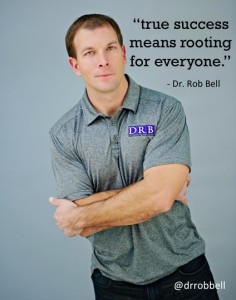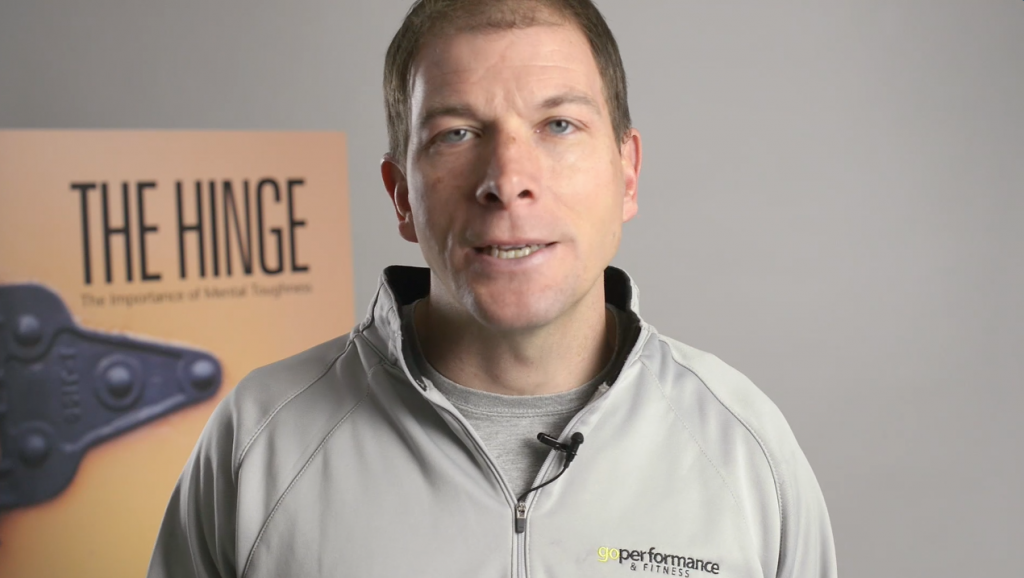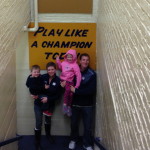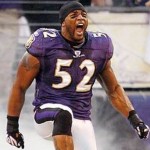True success is doing this skill
Duke basketball fans have one of the most indelible student sections in all of sports: The Cameron Crazies.
They epitomize passion, organization, and wittiness. They camp out in Krzyzewskiville for three months prior to games, they hand out cheat sheets for the student cheers and were the ones that coined the now famous “air-ball” chant.
So, Can you imagine that the Cameron crazies once actually cheered for an opposing player?
During one game in 1995, Joe Smith of the Maryland Terrapins was unstoppable. He scored 40 points, had 18 rebounds, and had a tip-in basket as time expired to beat Duke, 94-92.
At the end of the game, after they lost, they truly applauded Joe Smith!
True success is being able to root for everyone.
However, instead, we feel threatened by others having success, because somehow it means that we can’t be successful too.
Inter-team conflicts are based on the belief that success is limited. Therefore, we operate on the actions that not only do I need to be the best that I can be, but remove any obstacle in that path, including anyone vying for my position or record.
We sadly perpetuate this notion and create a culture of it.
Whenever we call out someone, put down a coach, or another company, we are doing so based out of fear. I hate it when I notice that I’m rooting against someone or envious of other’s success. It’s just based out of a fear that I won’t reach my own goals. I’m aware of it, but it still happens from time to time.
When we root for others, it means that we are confident. It shows that we are secure enough to actually wish the best for others. That’s what true success is!
When I post this philosophy online, I’ll get questions like ‘even the Yankees?” No way, success does not mean rooting for the Yankees. 🙂
It also doesn’t mean that we have to cheer or root for our direct competition. It just means that we should look for opportunities to cooperate, cross-promote, and learn from each other.
True success is rooting for everyone which also means wanting to beat people at their best! I hate it when people make excuses for losing because it tries to take away the winner’s success. We should want them to play well, but just for us to perform a little bit better. It doesn’t take away from our own drive or hating to lose.
We actually need others to succeed so we know what we have to do in order to improve.
A funny thing happens when others around us have success. It cements the belief in ourselves that it is possible to reach the next level. If everyone around us was mediocre, what models do we have to get better?
We need coaches to teach us, co-workers to support us, and opponents to test us. That’s why no one gets there alone.
 Dr. Rob Bell is a Sport Psychology Coach. DRB & associates coach executives and professional athletes. Some clients have included three different winners on the PGA Tour, Indy Eleven, University of Notre Dame, Marriott, and Walgreens.
Dr. Rob Bell is a Sport Psychology Coach. DRB & associates coach executives and professional athletes. Some clients have included three different winners on the PGA Tour, Indy Eleven, University of Notre Dame, Marriott, and Walgreens.
- Check Out All The Books
- Keynote Speaking On Mental Toughness
- Mental Toughness Podcast as we interview expert athletes and coaches about Mental Strength and their Hinge Moment.
- New Mental Wellness Blog Posts are published weekly.
- Follow on Twitter @drrobbell
- Follow on Instagram @drrobbell
Check out the film & e-book, NO FEAR: A simple guide to mental toughness .











